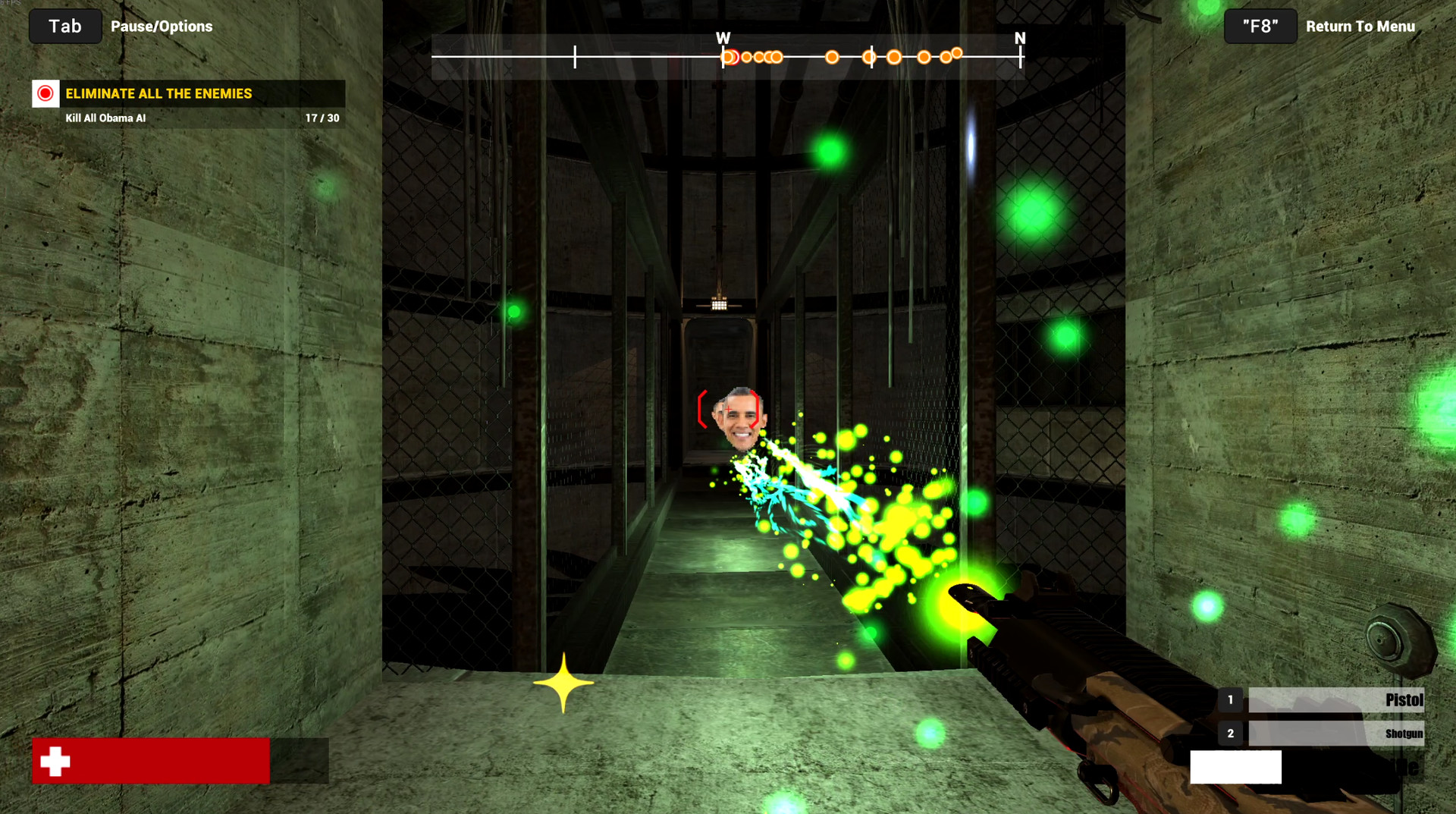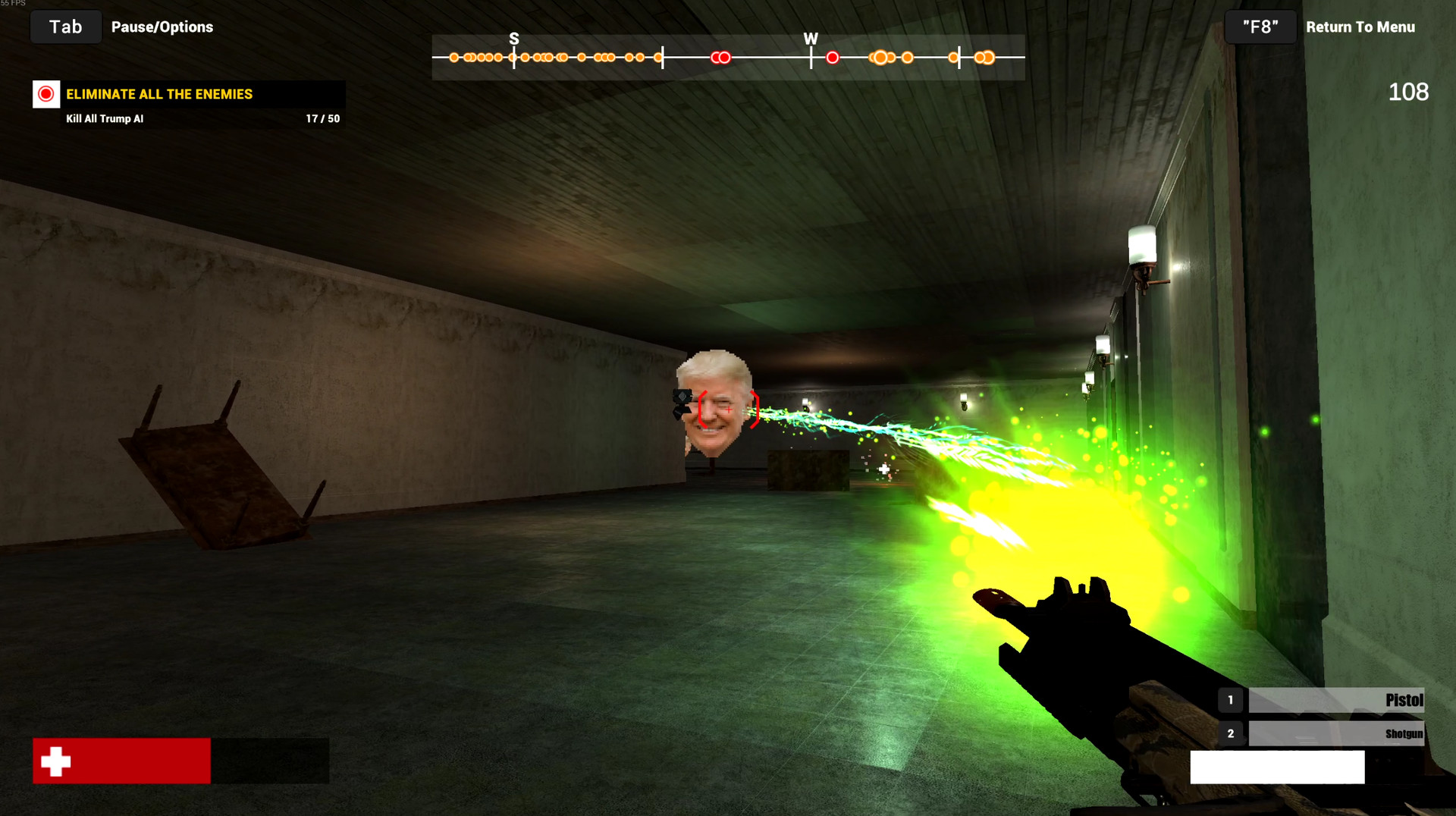Don't Crash - The Political Game
Don't Crash: Stop the two cars from crashing! - Don't Crash is one of our selected Car Games. Play Don't Crash for Free, and Have Fun! WARNING THIS GAME CRASHES WHEN YOU DIE! IT'S THE POINT OF THE GAME! Key Features: 1. Game Quits on Death 2. First Person Shooting 4. Four Weapons With More To Come 5. Political Humor 6. Consistent Updates With New Content 7. Consistent Bug Patches.
- Don't Crash - The Political Games On
- Don't Crash - The Political Game Show
- Don't Crash - The Political Games
Retired Lieutenant Colonel Oliver North was a Marine platoon commander in Vietnam, a U.S. Senate candidate, and eventually, a National Rifle Association president. At the National Security Council under Ronald Reagan, he helped manage a number of violent imperial operations, including the U.S. invasion of Grenada. Due to televised hearings in the Summer of 1987 where he gave horrifying testimony about the things that he and the United States government had allegedly done, he is probably best known for his role in the Iran-Contra scandal.

Alternatively, you might instead recognize North as a minor character from Call of Duty: Black Ops II. In the game, he makes an appearance, service ribbons and all, to talk a retired Alex Mason — the game’s protagonist — into joining a covert mission in Angola. The cameo was accompanied by North’s role as an advisor and pitchman for the 2012 title. It was very bizarre, and, according to the developers, not at all political.
In an interview with Treyarch head Mark Lamia, Kotaku’s Stephen Totilo asked if the studio had expected the controversy around using North as a consultant. “We're not trying to make a political statement with our game,” Lamia responded. “We're trying to make a piece of art and entertainment.” This answer would be farcical under any circumstances, but to be clear, Black Ops II was already a jingoistic first-person shooter in a series full of dubious storylines and straight-uppropaganda. Its writer and director, Dave Anthony, would later go on to a fellowship at D.C.’s Atlantic Council, advising on “The Future of Unknown Conflict.” Regardless, Lamia felt comfortable insisting on record that there was nothing political about getting the Iran-Contra fall guy to shill for its game.
In the time since, this brazen corporate line has become the standard for blockbuster games, including the upcoming Call of Duty: Modern Warfare. “Are games political?” continues to be exhaustingly rehashed, because game companies continue to sell an apolitical delusion. Historian Patrick Wyman describes it as the logical, if absurd, extension of Michael Jordan’s apocryphal “Republicans buy sneakers, too.” With $137.9 billion in 2018 sales per Newzoo, the world’s largest entertainment industry has been happy to rake in money while pretending to be blissfully disconnected from reality.
This trend has not gone unnoticed, and sharp critics have calledout the attempts to disassociate commercial entertainment from politics as the naked opportunism that they are. However, in labeling the tactic as cynical neutrality, even when correctly identifying it as toothless cowardice or gross duplicity, there’s a danger in glossing over the fact that it isn’t neutral at all: It’s an inherently conservative worldview. And while our culture is full of this faux-impartial, mass-marketmessaging, there are specific, reactionary conditions in the games industry abetting this behavior. The recent incidents feel especially craven, and as business continues to grow, they are escalating.
Here is a selection of comments in just the last few years from spokespeople for AAA productions assuring consumers that their games don’t stand for anything:
Blizzard’s Jeff Kaplan on Overwatch, at the D.I.C.E summit: “In no way do we aspire to be a political game. We have no political motivations whatsoever...”
Detroit: Become Human director David Cage, to Waypoint: “I didn't want to deliver a message to mankind with this game. I just want to ask questions.”
Tom Clancy’s The Division 2 creative director Terry Spier, to Kotaku: “So, the goal isn’t to makea political statement. It’s not to reflect on any of the things that are happening in the current world, in the live world.” And to a bemused Charlie Hall at Polygon: “We’re definitely not making any political statements.”
EA e-mailed a baffling statement to VICE: “In Battlefield V, we’re not making any political statements in relation to the real life events of WW2 and there are no swastikas in the game.”
Outer Worlds co-director Leonard Boyasky, walking a tightrope in an interview with VGC: “ [It’s about] power and how power is used against people who don’t have it,” but then also, “I don’t want people to think this is a really hard, politically-charged game...”
Tom Clancy’s Ghost Recon Breakpoint lead developer Sébastien Le Prestre, talking to GameSpot: “We're not trying to make political statements in our games,” and “It's Tom Clancy, it's purely fictional.”
Declaring the products of an enormous capitalist machine somehow free of politics is insidious; trying to strip the influence from topics like these is at best a defense of the status quo, and at worst malignant reactionism. “The process of deciding what is and is not politics is an act of power and an act of politics in its own right,” Wyman, a USC Ph.D. and the creator of the Tides of Historypodcast, told me. No matter how the themes are handled, these are games about a multinational peacekeeping force (Overwatch), an android uprising in a real city with a real history of racism (Detroit: Become Human), and an actual World War (Battlefield V). Outer Worlds is centered around narrative-controlling megacorporations taking over the galaxy. The Division 2 and Ghost Recon Breakpoint involve speculative warfare in the Tom Clancy extended universe — the conservative version of The West Wing, as Wyman joked — including the sequel to a game that caused the Bolivian government to file a formal complaint with the French embassy. They are, obviously, political.
Don't Crash - The Political Games On
Last year, Polygon’s Colin Campbell highlighted the shameless PR tactics at play in an expansive piece. Where it felt short, as much of the discussion of the phenomenon does, was its deeper analysis of the landscape. “While games tend to take a broadly progressive view of the world, game company marketing departments understand that explicitly stating hostility toward reactionary positions risks the enmity of right wing media, streamers and online communities,” Campbell wrote. “They fear, above all, finding themselves at the center of a Gamergate-like publicity inferno.”
But there’s no evidence that the AAA games space — where this marketing is most prevalent — trends towards progressivism at all. Its biggest products include military shooters with names like Infinite Warfare, the edgelord nihilism of Grand Theft Auto, zero-sum battles for resources like Fortnite, and glorified advertisements for men’s sports cartels that enrich oligarch owners and shoe company CEOs. Beyond that, the industry spent decades actively creating the environment for those reactionary positions to thrive. The mistake is viewing this as an unseemly aberration, rather than a fundamental aspect of the business.
Don't Crash - The Political Game Show

Don't Crash - The Political Games
“All Gamergate did was put a name to something that was always there.”